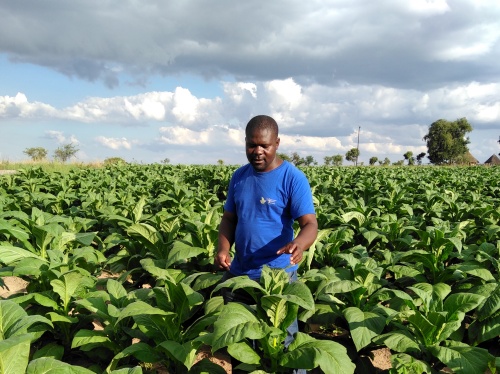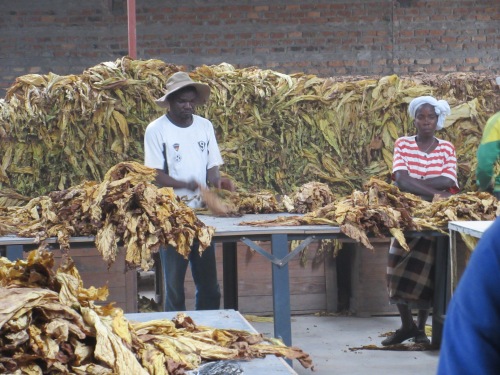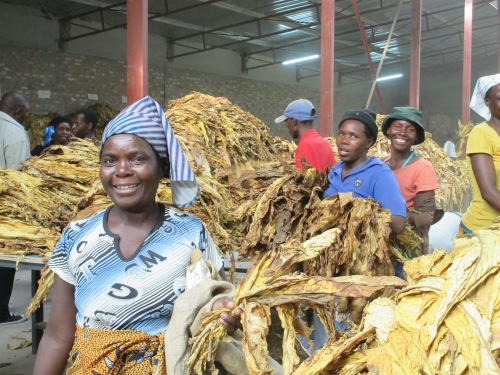The group of white farmers had approached the government for compensation since 2009. White farmers in Zimbabwe who were evicted from...
In 2000, war veterans evicted at least 4,500 white farmers. They need at least $72 million in reparations given that the effects of farm seizures are still felt to date, the publication reported. Ben Freeth, a former white farmer who was kicked out of his citrus farm in 2009 and is now a land-rights activist, said that farmers had taken small compensation packages from the government out of desperation. "We do want compensation for our losses, but not under the current very poor terms that they are offering,” he said. "This has been paid over time and is only worth a fraction of what it should be." Freeth also added that the payment for nearly 200 farmers in 2009 was in Zimbabwean dollars, meaning that it was discounted against market valuations. Furthermore, a group of farmers had approached the government for compensation since 2009 because they have gotten poor or their health has seriously deteriorated, according to the Times citing Gilpin.
reported on 06 Nov 2018. Though his speech was received with praise among Zimbabwe’s white population, farm activists are still skeptical about his campaign promises. Despite the government allocation of nearly $3 million in reparations, Gilpin told South Africa’s website Eyewitness News last month that, while this is a sign that the government has not forgotten about the displaced farmers, the money earmarked for compensation should be much higher. However, the government is still in dire financial straits, making it very unlikely to reach a larger sum. Farm distribution has sparked a racially charged debate in South Africa as well.
The ruling African National Congress has promised to redistribute wealth among the population, and it has included a constitutional amendment to allow the government to expropriate land without making any payment, The Washington Post reported. The same publication went on to say that white farmers still own the most profitable farms and estates. A Bloomberg report found that the discussion over land expropriation has affected the farming industry, as confidence has dropped to nearly 45 percent—the lowest since 2006—and land prices reached $672 per hectare in July, down from $990 in December 2017.
In August, President Donald Trump tweeted that he had asked Secretary of State Mike Pompeo to ”closely study the South Africa land and farm seizures and expropriations and the large scale killing of farmers,” shortly after Fox News aired a report that the South African government "was taking farms from white farmers.” However, this claim is not true, USA Today reported. In response, the South African government lashed out at the president, saying in a statement that “South Africa totally rejects this narrow perception which only seeks to divide our nation and reminds us of our colonial past.”
|
Agricultural Policy Research in Africa (APRA) has concluded:
(1) A new agrarian structure, and better access to agricultural financing, are shaping commercialization patterns in Zimbabwe (although with the current economic crisis, this is again more challenging).
(2) New, non-bank financing options are driving the production of food and cash crops in all farming sectors of Zimbabwe. These options include government-mediated command agriculture, independent contract farming and joint ventures. (3) Government support to the agricultural sector has changed over time, primarily as a result of shifting ideologies, and changing state capacity to finance the agricultural sector. (4) Both farmers and the government agree on the need for agricultural commercialization, though often for different reasons. With links to global markets, cash crops are the main drivers of commercialization. (5) Political patronage plays a significant role in determining agricultural policy, rendering ordinary farmers disillusioned with the political system, and resigned to merely ‘jump through hoops’ to make a living. (6) Political struggles over the control of the state and its limited resources revolve around land and agriculture as they have always in Zimbabwe, but now with greater confusion and uncertainty. |









